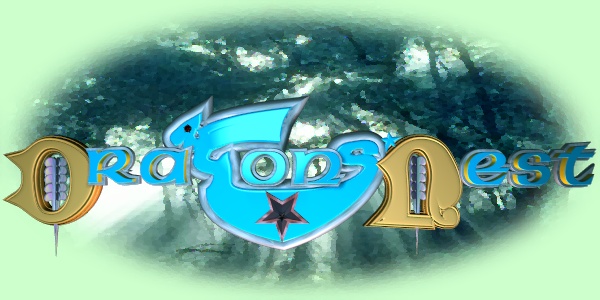

Arnouet de Voltaire said “Define your terms, you will permit me again to say, or we shall never understand one another.” The obstacle to this is that language, no matter how colorful or wordy, often falls short of the effort. Master Kung [@ 551 - 479 b.c.e.] noted that “Writing cannot express words completely. Words cannot express thoughts completely, [I Ching; p. 322].” To express the inexpressible we may employ images, sometimes verbal, to help. As effective as this is it still requires that we share a similar set of meanings for an image to understand each other. Here, I attempt to gloss over what I mean when I employ certain words. There is no attempt here to convince anyone that this is the way to use a word. As imprecise as language can be, I only wish not to be misunderstood.
I Am Pagan!
The Earth is my sacred prayer mat,
Dance, my sacred prayer.
The sky is the vault of my cathedral,
Living trees Her columns.
My experience is my sacred writ,
As old as wind, as fresh as my last breath.
Can I believe in God? How could I?
I have been in Her embrace,
Washed by Her love, Her compassion.
Her blood flows through my soul.
I hear Her lullaby echo soft in the hills,
As I soar with Her above the abyss.
I
Am a mystery,
Experiencing xerself through consciousness,
Witnessing through the mind,
Manifest in a body,
That has a physical component.
I wonder at the
Magic of life, of love.
I have seen the very large;
I have seen the very small.
The forces of shade and light are one within me.
Truly, we are a marvel to consider.
 |
 |
 Home Page |
 Contact the Web Crafter |